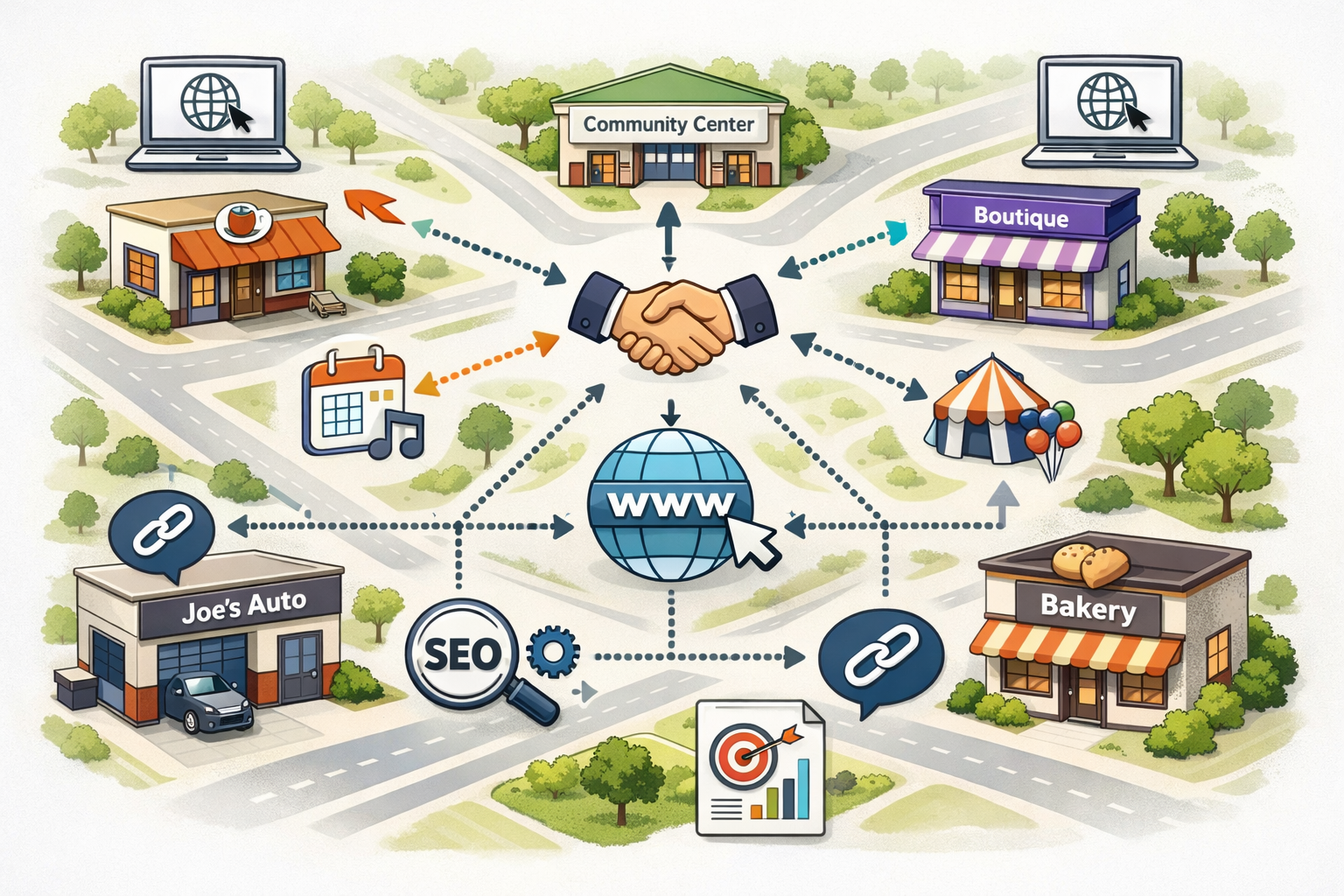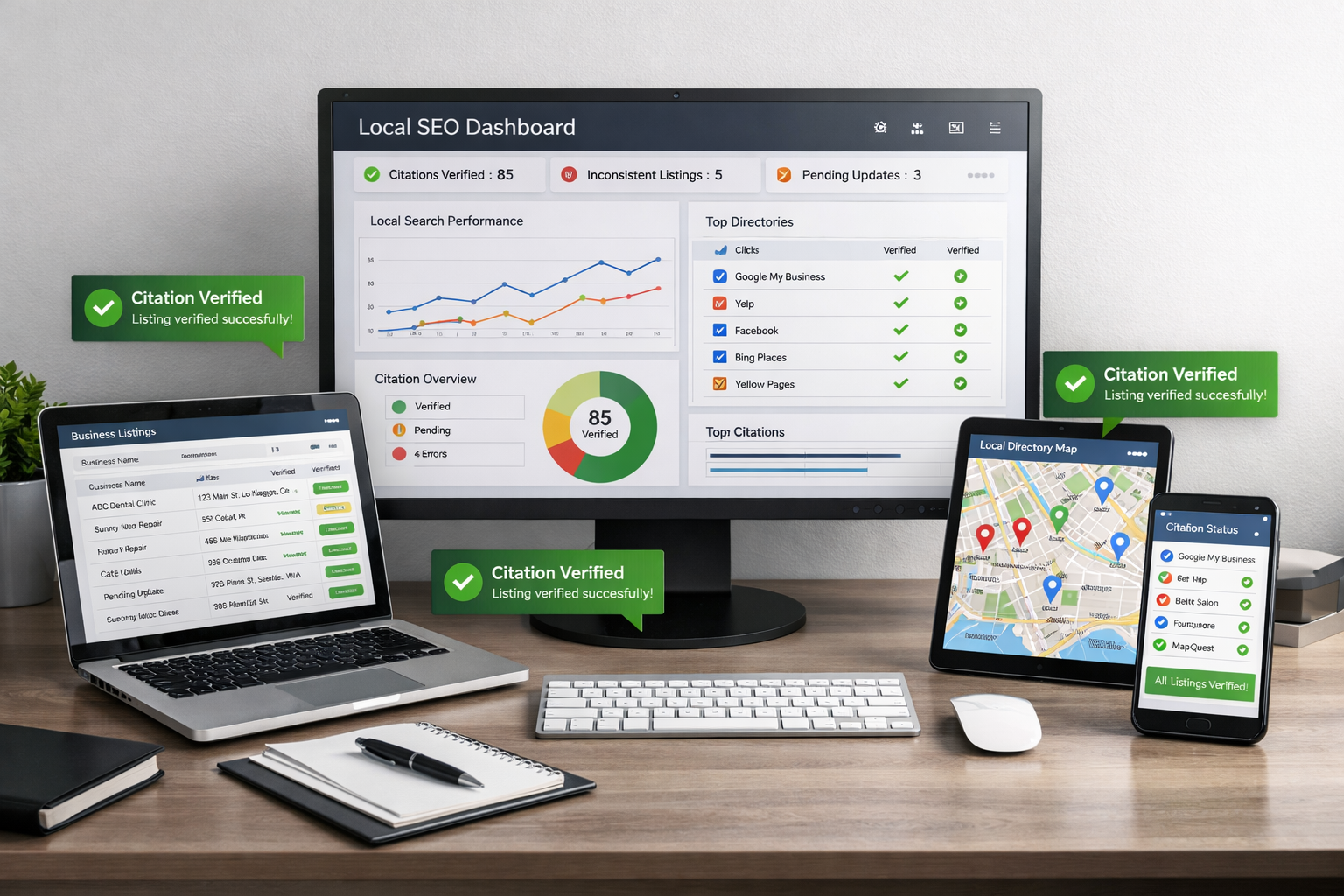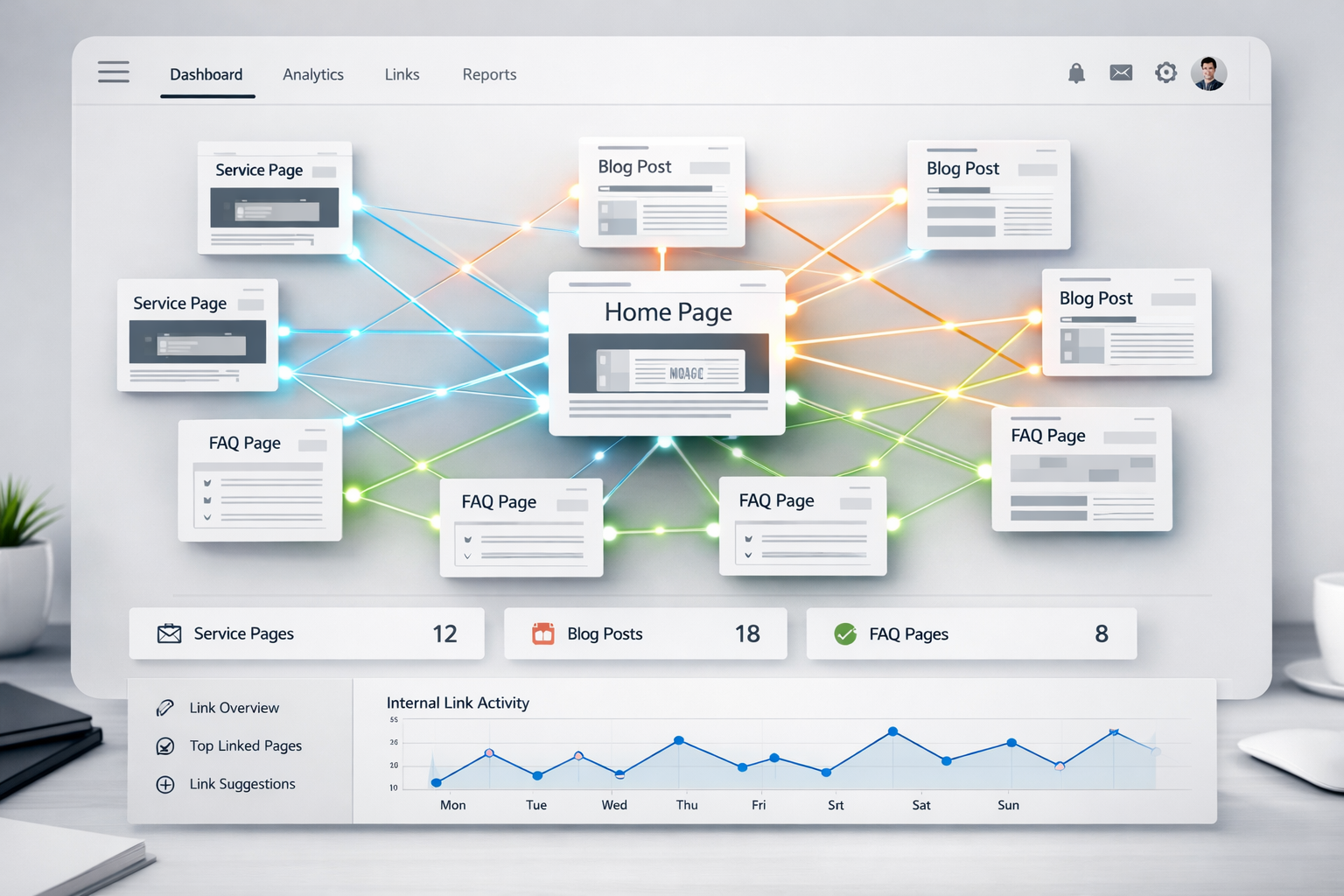Is optimizing for ChatGPT the same as for Google?
SEO has always been about adapting to change. From the early days of stuffing keywords to today’s focus on user experience and intent, businesses must constantly adjust their strategies to stay visible and competitive online. Now, the rapid rise of AI platforms such as ChatGPT, Gemini, and other generative engines marks the next big shift. These tools don’t just find and link to information—they summarize, interpret, and even recommend, often bypassing traditional search results.
Optimizing for Google and optimizing for ChatGPT (and generative engines) each demand unique tactics. While both value helpful, high-quality content, their ranking logic, technical requirements, and measurements of success diverge sharply. Understanding these differences is essential for businesses aiming to capture traffic from today’s full spectrum of search experiences. This guide will explore what distinguishes these two approaches, why both matter, and how to excel at each.
The Foundations—How Google and ChatGPT “See” the Web
Google’s search engine was designed to index, crawl, and rank billions of web pages by evaluating links, keywords, technical quality, and countless user behavior signals. Google strives to present users a ranked list of links most likely to answer their intent—with the expectation that users click through to a website for more information. Businesses succeed in Google SEO by targeting keywords, earning backlinks, optimizing code, and enhancing the user journey.
ChatGPT, by contrast, doesn’t showcase a list of links. Instead, it reads, comprehends, and synthesizes the entire web, then delivers direct answers in natural language—often citing sources only if confident in their accuracy and credibility. Its “goal” is not to present clickable results, but to generate a useful reply that closely matches user expectations based on everything it’s read.
While Google’s algorithm weighs popularity (backlinks), freshness, and page signals, ChatGPT leans on topical authority, semantic clarity, and the overall factual quality of content. Google finds the “best result.” ChatGPT tries to deliver the “best answer.”
Search Behaviors—Clicks vs. Answers
Traditional SEO is built for a world in which users scan links and click to websites for deeper exploration. Ranking high in Google means more organic clicks, leading to more leads, sales, or engagement.
With ChatGPT, the journey is fundamentally different. The user may never see a list of links—they receive an AI-generated answer, sometimes with citations. The main win for brands is to be “cited” in the answer or have their content summarized or referenced. Traffic may drop, but brand visibility can skyrocket if the business is mentioned as the authority in widespread AI answers.
Success in Google is measured in rankings and traffic. Success in ChatGPT is measured by citation frequency and answer prominence—the number of times the brand, product, or content is cited directly in AI-generated responses.
Keyword Targeting vs. Topic Authority
Google SEO still involves mapping pages to relevant keywords, using these strategically in page titles, meta descriptions, headers, and content. “Keyword research” remains central—content that matches high-intent, high-volume searches wins more easily.
ChatGPT and generative engines, however, rely heavily on semantic understanding. They care less about a single “magic” keyword and more about topical depth, context, and relationships among entities. Optimizing for ChatGPT means writing comprehensively about core topics, closely answering common and long-tail questions, and naturally weaving semantically related terms throughout the content so AI can “understand” what’s being covered in detail.
Structured Data and Schema Markup
Google rewards structured data, such as schema markup, by displaying rich results (like FAQs, ratings, and product information) directly on the search engine results page. Schema helps Google “understand” content types and relationships, increasing the odds of being featured or getting more clicks.
For ChatGPT, schema is even more critical. Schema markup makes it easier for AI models to extract facts, locations, credentials, and other signals from your site. Businesses optimizing for generative engines should prioritize implementing up-to-date, detailed schema for all key pages—like articles, products, local businesses, and FAQs—to boost their visibility in AI-driven answers.
Content Structure, Clarity, and Readability
Both Google and ChatGPT reward clear, well-structured content—but for different reasons. For Google, logical sectioning (using H1, H2, H3 headers), concise paragraphs, lists, and tables help both search bots and users quickly digest content. Long, “wall-of-text” articles or pages without logical flow are penalized with lower rankings and higher bounce rates.
ChatGPT, on the other hand, reads everything “as a human would,” but must also parse and summarize for others. Generative engines prefer content that clearly answers common questions, highlights important details, and avoids ambiguity. Formatting FAQs, summary boxes, and using consistent question-and-answer structures can make it easier for AI to extract and cite your content.
Credibility, Citations, and E-E-A-T
For years, Google has emphasized E-E-A-T: Experience, Expertise, Authoritativeness, and Trustworthiness. Pages with clear authorship, fact checking, and reputable link sources perform better in competitive niches.
ChatGPT takes this to the next level. It prefers to cite content from recognized subject matter experts, government and educational domains, or highly trusted brands. The content should include up-to-date information, original analysis, and clear author credentials where possible. Incorrect or thin content risks being ignored by generative engines—or worse, flagged as misinformation. Building digital trustworthiness, disclosing credentials, and updating old content regularly are all essential for GEO.
Local Search—Google Maps and Beyond
Google’s local search ecosystem (Google Maps, Google Business Profile) serves up listings for location-based queries. Ranking locally means optimizing your Business Profile, earning positive reviews, and offering up-to-date business information to boost both organic and Maps visibility.
ChatGPT and Bing Chat increasingly rely on this same information, but also draw from third-party aggregators like Yelp, Foursquare, Apple Maps, and others. Optimizing for ChatGPT local results means updating and verifying listings everywhere, not just on Google. It also requires maintaining consistent NAP (Name, Address, Phone) information across all directories, encouraging frequent reviews, and addressing user queries with locally-focused landing pages.
Link Building, Mentions, and Off-Page Authority
Link building has long been a cornerstone of Google SEO. Earning high-quality backlinks signals to Google that your site is popular and authoritative, boosting rankings.
For ChatGPT and generative engines, mentions and citations anywhere on the web can be just as valuable—especially if they come from reputable news sources, niche websites, or social platforms. AI models hunt for consensus, fact-checking against multiple references. Building brand visibility in blogs, forums, databases, and aggregator sites increases chances of being referenced by generative tools.
Technical SEO and Site Performance
Technical SEO—speed, mobile-friendliness, crawlability, clean code, and HTTPS protection—remains vital for Google. These elements not only help users interact with the site smoothly but also ensure bots can read and index the content fully.
Technical SEO is also foundational for ChatGPT: A well-structured, clean, accessible site makes it easier for AI engines and crawlers to extract and summarize content accurately. Businesses should ensure that robots.txt files are not blocking important content, XML sitemaps are up-to-date, and obsolete pages are redirected—all best practices for both search and AI optimization.
Metrics—How Success is Measured
Google SEO metrics are clear: monitor rankings, traffic, bounce rates, conversions, and user engagement to refine your approach.
ChatGPT optimization requires new metrics. Instead of just traffic, businesses should track:
- How often their content is cited in generative answers
- Referral sources and brand mentions in AI engines
- The quality, frequency, and accuracy of their answers in AI-driven searches
As tools and reporting dashboards evolve, advanced platforms are beginning to offer visibility tracking across multiple AI engines—measuring citation prominence, not just SERP position or clicks.
final thoughts
Optimizing for ChatGPT and Google requires businesses to champion clarity, authority, and helpfulness—but the playing fields are quickly diverging. Google SEO will remain essential for driving direct traffic and conversions, but the AI-powered future demands a focus on citation, topical depth, and factual precision.
Future-ready businesses are those who balance both: publishing semantically rich, technically sound, and trustworthy content for humans and machines alike. Those who adapt early stand to win not only the clicks of today, but also the citations—and mindshare—of tomorrow.
To learn more about how GetPhound can help position your business for the evolving landscape of SEO and generative engine optimization, explore our SEO plans and ChatGPT SEO services today.











